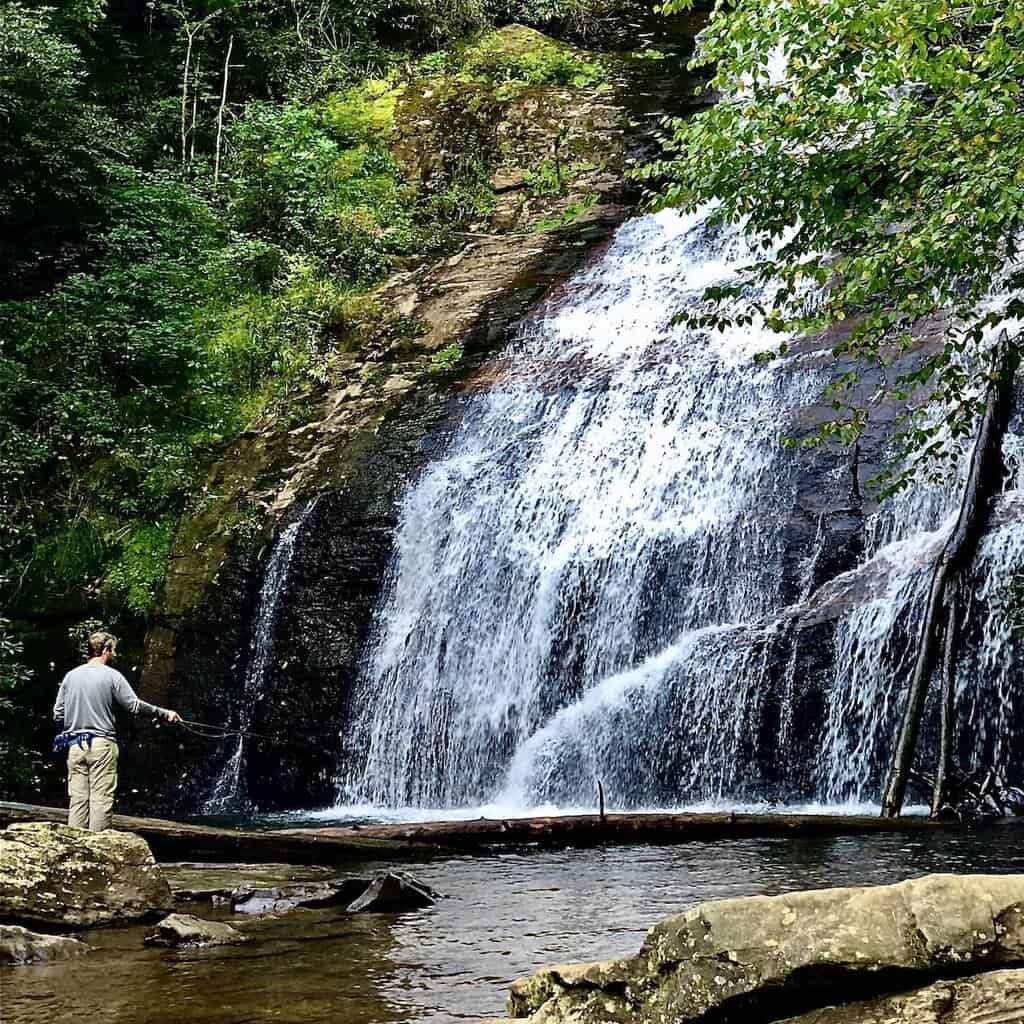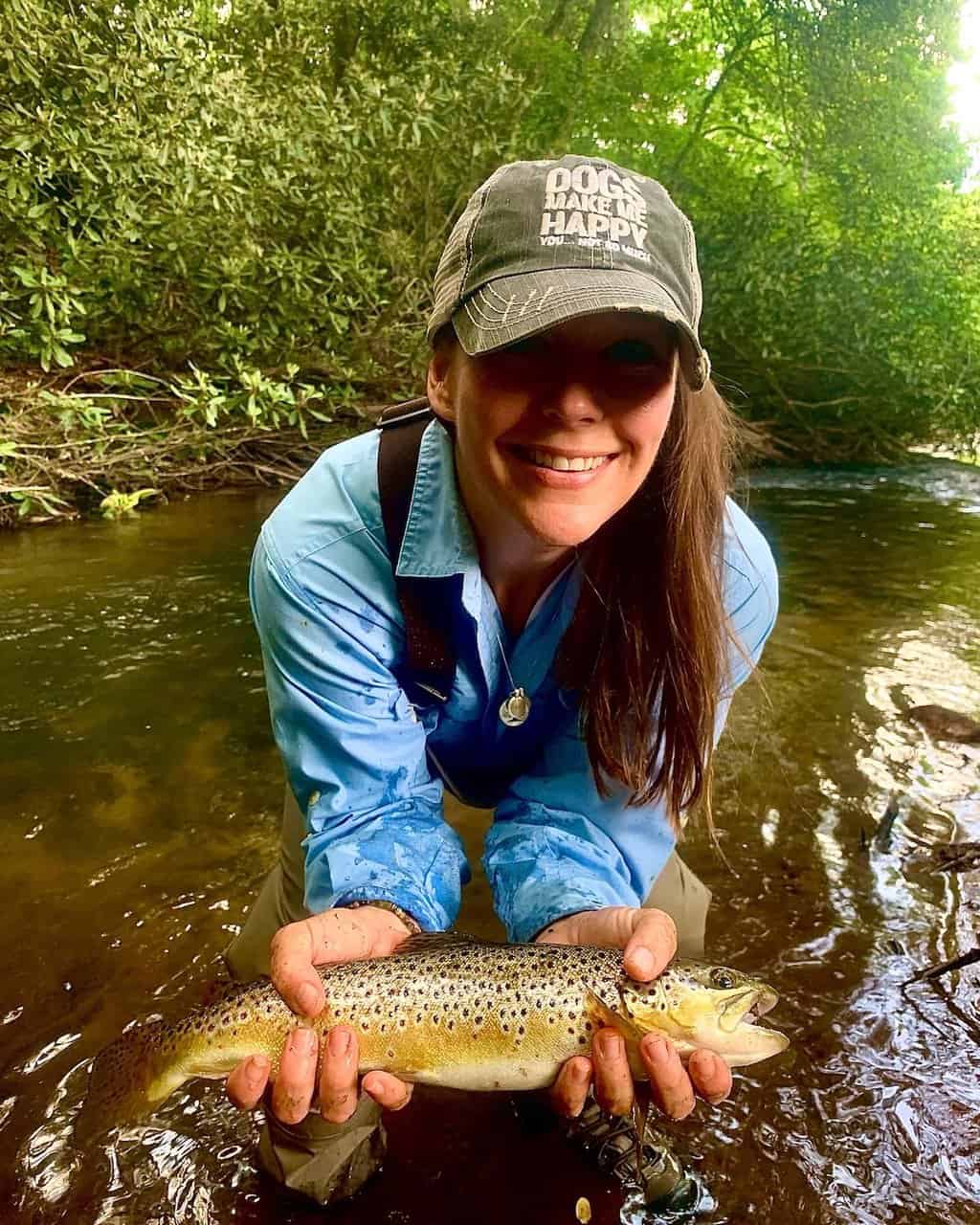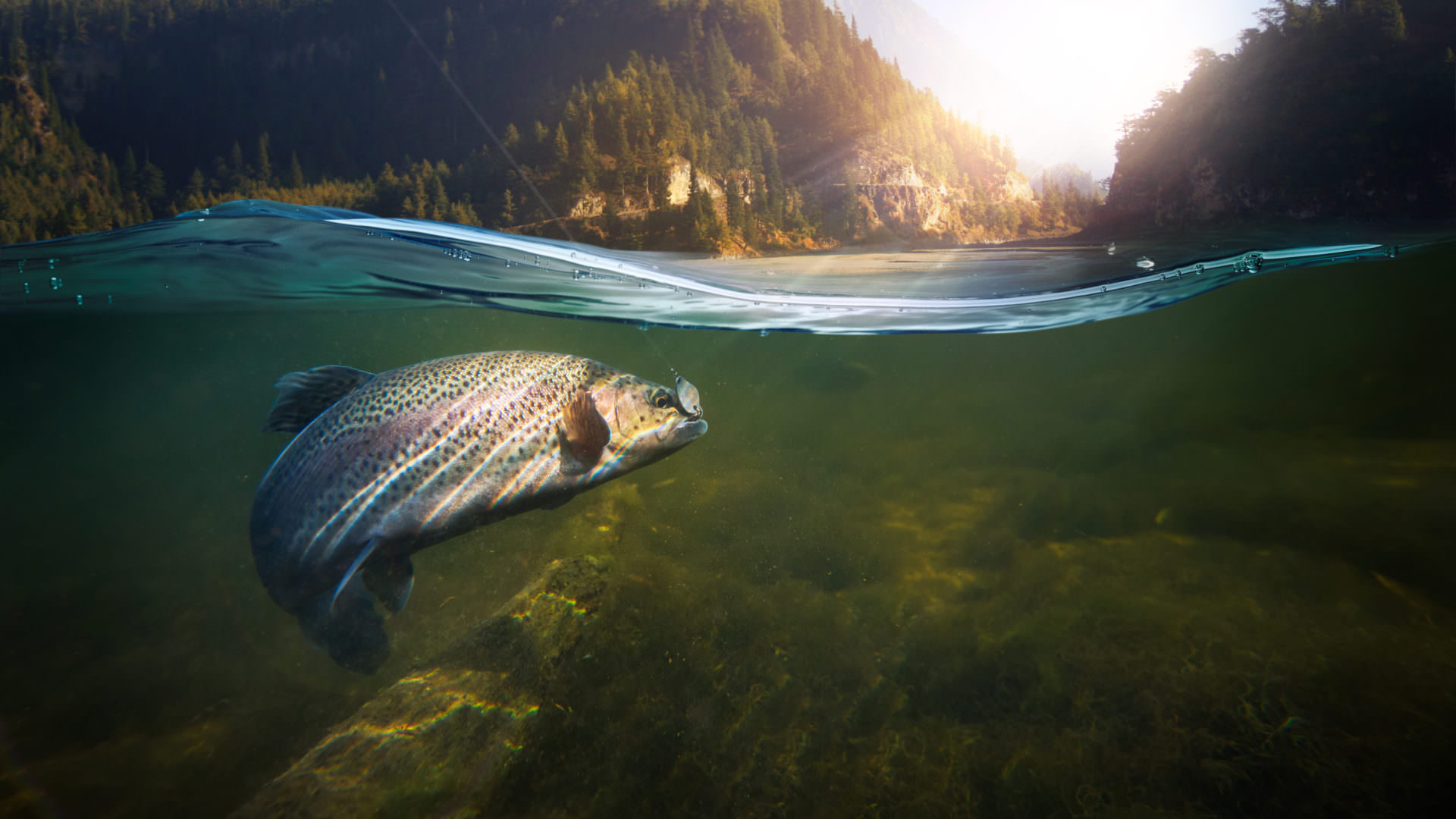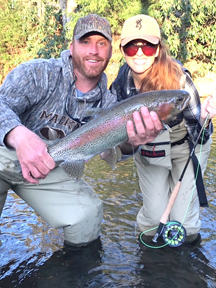Navigating Georgia’s Trout Waters: A Comprehensive Guide to Angling Success
Related Articles: Navigating Georgia’s Trout Waters: A Comprehensive Guide to Angling Success
Introduction
In this auspicious occasion, we are delighted to delve into the intriguing topic related to Navigating Georgia’s Trout Waters: A Comprehensive Guide to Angling Success. Let’s weave interesting information and offer fresh perspectives to the readers.
Table of Content
Navigating Georgia’s Trout Waters: A Comprehensive Guide to Angling Success

Georgia, known for its diverse landscapes and rich natural beauty, offers a haven for trout anglers. From the rolling hills of the north to the mountainous regions of the Blue Ridge, the state boasts an array of pristine streams, rivers, and lakes teeming with rainbow, brown, and brook trout. This comprehensive guide delves into the world of trout fishing in Georgia, providing a detailed map of prime fishing spots, essential tips for successful angling, and insights into the unique characteristics of each region.
Understanding Georgia’s Trout Fishing Landscape
Georgia’s trout fishing landscape is diverse, each region offering distinct characteristics and challenges.
- North Georgia: The heart of Georgia’s trout fishing, North Georgia is home to the renowned Chattahoochee River and its tributaries, including the Toccoa, the Tallulah, and the Hooch. These rivers, fed by the Appalachian Mountains, boast clear, cold waters, ideal for trout. The region also features numerous smaller streams and creeks, offering a variety of fishing opportunities.
- Northeast Georgia: This region, including the Rabun and White Counties, boasts a high concentration of trout streams, many of which are managed by the Georgia Department of Natural Resources (DNR) for optimal fishing conditions. The area is known for its scenic beauty and abundant trout populations.
- Northwest Georgia: The Coosa River and its tributaries, like the Oostanaula and Etowah Rivers, offer a mix of wild and stocked trout, providing varied fishing experiences.
- Southern Georgia: While not as renowned for trout as the northern regions, Southern Georgia offers opportunities for anglers seeking a different experience. The Flint River and its tributaries, along with some stocked lakes, provide limited but rewarding trout fishing opportunities.
A Map of Georgia’s Trout Fishing Hotspots
[Insert a detailed map of Georgia highlighting the key trout fishing regions and specific locations mentioned throughout the article. Include a legend explaining the different types of water bodies and the types of trout present.]
This map serves as a starting point for your trout fishing adventures in Georgia. It highlights the most popular and productive locations, providing a visual representation of the state’s diverse fishing landscape.
Exploring the Diverse Trout Species of Georgia
Georgia’s waters are home to three primary trout species, each with its unique characteristics and preferred habitats.
- Rainbow Trout: The most commonly found trout in Georgia, rainbow trout are known for their vibrant iridescent colors, particularly the distinctive reddish-orange band along their sides. They prefer cold, clear waters with ample oxygen, making them prevalent in the rivers and streams of North Georgia.
- Brown Trout: Introduced to Georgia in the early 20th century, brown trout are known for their olive-brown coloration and their ability to adapt to a wide range of water conditions. They are often found in deeper pools and slower sections of rivers, making them a challenging but rewarding catch.
- Brook Trout: The smallest of the three, brook trout are prized for their beautiful mottled coloration and their preference for pristine, cold, and oxygen-rich waters. They are often found in the headwaters of streams and smaller tributaries in the higher elevations of the Blue Ridge Mountains.
Essential Tips for Success in Georgia’s Trout Waters
1. Choose the Right Gear: Selecting the appropriate gear is crucial for a successful trout fishing experience.
- Rod and Reel: A lightweight, 6- to 8-foot spinning rod with a corresponding reel is ideal for trout fishing.
- Line: Use a 4- to 6-pound test monofilament or fluorocarbon line for optimal sensitivity and casting distance.
- Lures and Flies: A variety of lures and flies are effective for catching trout. Popular choices include spinners, spoons, crankbaits, and dry flies.
- Bait: For bait fishing, use nightcrawlers, crickets, or mealworms.
2. Understand the Seasons: Trout fishing in Georgia is seasonal, with peak activity periods varying depending on the region and species.
- Spring: March to May is a prime time for trout fishing in Georgia, as the water temperatures rise and trout become more active.
- Summer: While trout fishing can be challenging during the summer months, it is still possible to find success in the cooler waters of higher elevations.
- Fall: September to November offers excellent fishing opportunities as trout prepare for the winter months.
- Winter: Trout fishing can be successful during the winter months, particularly in the colder waters of the mountains.
3. Master the Art of Fly Fishing: Fly fishing is a popular and effective method for catching trout in Georgia.
- Fly Rod and Reel: A fly rod, typically 8 to 9 feet long, with a corresponding reel is essential for fly fishing.
- Fly Line: Use a floating or sinking fly line depending on the fishing conditions.
- Flies: A wide variety of flies are available, including dry flies, nymphs, and wet flies.
4. Practice Catch and Release: To ensure the sustainability of Georgia’s trout populations, practicing catch and release is crucial.
- Handle Fish Carefully: Use a wet hand to handle fish and avoid squeezing their bodies.
- Use a Landing Net: A landing net helps to prevent damage to the fish’s fins and scales.
- Return Fish Quickly: Return the fish to the water as quickly as possible to minimize stress.
5. Respect the Environment: Responsible anglers are committed to protecting the environment.
- Dispose of Waste Properly: Pack out all trash and dispose of it in designated receptacles.
- Minimize Disturbance: Avoid disturbing the natural habitat and wildlife.
- Follow Regulations: Adhere to all state and local fishing regulations.
FAQs about Trout Fishing in Georgia
1. What is the best time of year to fish for trout in Georgia?
The best time to fish for trout in Georgia varies depending on the region and the species. Generally, spring (March-May) and fall (September-November) offer the best fishing conditions.
2. What are the legal limits for trout fishing in Georgia?
The legal limits for trout fishing in Georgia vary depending on the specific water body. It is essential to consult the Georgia DNR’s fishing regulations for the most up-to-date information.
3. Are there any special permits or licenses required for trout fishing in Georgia?
A Georgia fishing license is required for all anglers aged 16 and over. Specific permits may be required for certain areas or methods of fishing.
4. Where can I find information about trout fishing regulations in Georgia?
The Georgia Department of Natural Resources (DNR) website is the best resource for information on trout fishing regulations, including catch limits, season dates, and permitted methods.
5. Are there any guided fishing trips available in Georgia?
Numerous guided fishing trips are available in Georgia, particularly in the North Georgia region. These trips offer expert guidance and can enhance your fishing experience.
Tips for Successful Trout Fishing in Georgia
1. Research Your Destination: Before heading out, research the specific water body you plan to fish. Understand the type of trout present, their preferred habitat, and the best fishing techniques.
2. Observe the Water: Pay attention to the water conditions, including flow, temperature, and clarity. Adjust your fishing techniques accordingly.
3. Focus on Structure: Trout tend to congregate around structures, such as rocks, logs, and streambeds. Cast your lure or fly near these areas.
4. Use the Right Depth: The depth at which you fish can significantly impact your success. Experiment with different depths to find where the trout are feeding.
5. Be Patient and Persistent: Trout fishing can be challenging, but patience and persistence are key to success. Don’t give up easily, and keep trying different techniques until you find what works.
Conclusion
Georgia’s trout fishing opportunities are vast and varied, offering anglers of all skill levels a chance to experience the thrill of catching these prized fish. By understanding the state’s diverse fishing landscape, mastering essential techniques, and respecting the environment, anglers can enjoy a rewarding and memorable fishing experience. With careful planning and a little bit of luck, you can find yourself reeling in a trophy trout in the beautiful waters of Georgia.








Closure
Thus, we hope this article has provided valuable insights into Navigating Georgia’s Trout Waters: A Comprehensive Guide to Angling Success. We thank you for taking the time to read this article. See you in our next article!